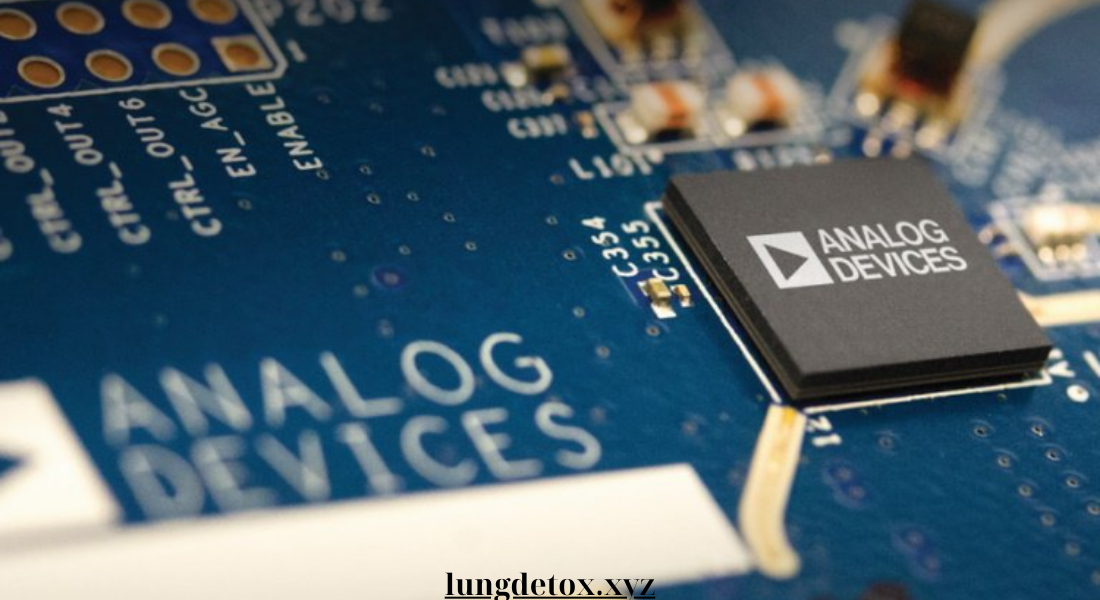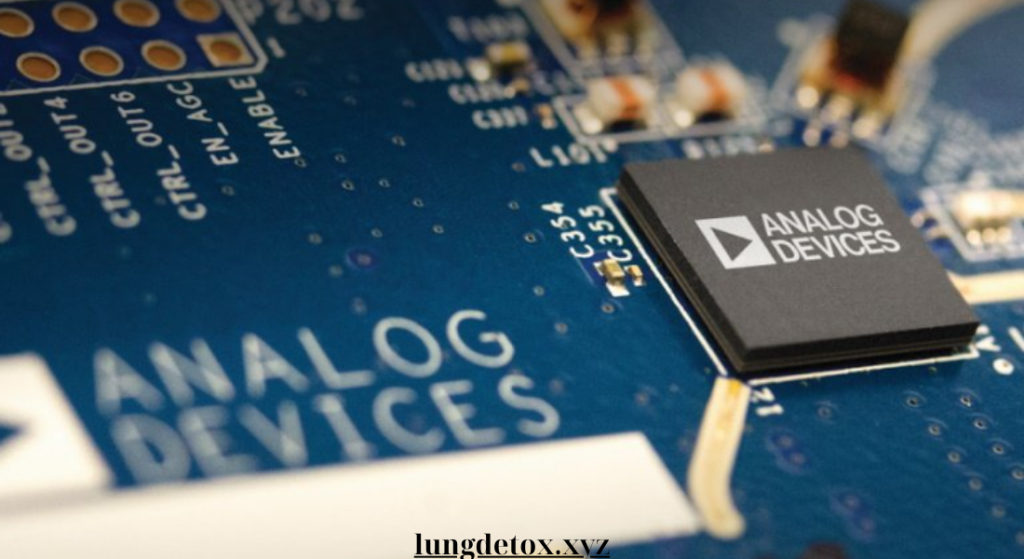In the ever-evolving landscape of electronics, Integrated Circuits (ICs) play a pivotal role in determining the performance and efficiency of devices. Among the leaders in this field, Analog Devices ICs stand out for their innovative design and reliable performance. This article delves into the remarkable features, applications, and advancements in Analog Devices ICs, showcasing their significance in various industries.
Understanding Analog Devices ICs
What Are Analog Devices ICs?
Analog Devices ICs are specialized integrated circuits that process analog signals, which are continuous signals that represent real-world phenomena, such as sound, light, and temperature. Unlike digital signals, which are discrete and binary, analog signals can vary smoothly over a range of values. This capability makes Analog Devices ICs essential for applications requiring high precision and fidelity.
The Legacy of Analog Devices
Founded in 1965, Analog Devices has built a reputation for excellence in the semiconductor industry. The company’s focus on analog, mixed-signal, and digital signal processing technology has positioned it as a key player in the development of ICs that meet the demands of modern electronics. With a commitment to innovation, Analog Devices continues to push the boundaries of what is possible in signal processing.
Key Features
1. High Precision and Accuracy
One of the standout characteristics of Analog Devices ICs is their exceptional precision and accuracy. These ICs are designed to handle small variations in signals, making them ideal for applications that require detailed measurements, such as instrumentation and medical devices.
2. Low Noise and Distortion
Analog Devices ICs are engineered to minimize noise and distortion in signal processing. This feature is crucial for applications in audio and communication systems, where maintaining signal integrity is vital for performance and clarity.
3. Wide Operating Range
Many Analog Devices ICs operate across a broad range of voltages and temperatures, making them versatile for various applications. This capability allows engineers to implement these ICs in challenging environments without compromising performance.
4. Integrated Functionality
Analog Devices ICs often incorporate multiple functions into a single chip, reducing the need for additional components and simplifying circuit design. This integration helps minimize space and power consumption while enhancing overall system efficiency.
5. Robust Design for Reliability
Analog Devices is known for its rigorous testing and quality assurance processes. Their ICs are built to withstand harsh conditions, ensuring reliable performance even in demanding environments, such as industrial automation and aerospace applications.
Applications
1. Industrial Automation
In industrial settings, Analog Devices ICs are used in various applications, including process control, automation, and monitoring systems. Their high precision and reliability enable accurate measurements and control, essential for maintaining efficiency and safety in industrial operations.
2. Medical Devices
Analog Devices ICs are integral to medical instrumentation, such as patient monitoring systems, diagnostic equipment, and imaging devices. Their ability to process sensitive analog signals ensures accurate readings and reliable performance in critical healthcare applications.
3. Consumer Electronics
From smartphones to audio equipment, Analog Devices ICs enhance the performance of consumer electronics. Their low noise and high fidelity make them ideal for applications in audio processing, video signal conversion, and sensor interfaces.
4. Automotive Systems
In the automotive industry, Analog Devices ICs play a crucial role in safety, navigation, and control systems. These ICs are used in advanced driver-assistance systems (ADAS), tire pressure monitoring systems, and engine control units, contributing to improved vehicle performance and safety.
5. Communication Systems
Analog Devices ICs are essential in communication technologies, including wireless systems, satellite communications, and broadband applications. Their capability to handle high-frequency signals and maintain signal integrity is vital for effective data transmission.
Why Choose Analog Devices ICs?
1. Commitment to Innovation
Analog Devices continuously invests in research and development to stay at the forefront of technology. Their commitment to innovation ensures that customers benefit from the latest advancements in signal processing, enhancing performance and functionality.
2. Comprehensive Support
Analog Devices provides extensive support resources, including technical documentation, design tools, and customer service. This commitment to customer support helps engineers and developers effectively implement in their projects.
3. Diverse Product Range
With a wide variety of ICs tailored to different applications, Analog Devices offers solutions for virtually any project. From amplifiers and converters to sensors and microcontrollers, their extensive product portfolio meets the needs of various industries.
4. Proven Track Record
With decades of experience in the semiconductor industry, Analog Devices has a proven track record of delivering high-quality products. Their reputation for excellence and reliability makes them a trusted partner for engineers and developers worldwide.
The Future
Trends and Developments
As technology continues to advance, Analog Devices ICs are expected to play an increasingly vital role. Key trends shaping the future of these ICs include:
- Internet of Things (IoT): The growing demand for connected devices drives innovation in low-power, high-performance ICs suitable for IoT applications.
- Artificial Intelligence (AI): Analog Devices is exploring ways to integrate AI capabilities into their ICs, enabling smarter, more efficient devices.
- Sustainability: With an increasing focus on energy efficiency, Analog Devices is committed to developing products that reduce power consumption and minimize environmental impact.
Education and Collaboration
Analog Devices also invests in education and collaboration to foster innovation in the semiconductor industry. By partnering with universities and research institutions, they aim to cultivate the next generation of engineers and innovators.
Conclusion
Analog Devices ICs are a cornerstone of modern electronics, providing high precision, low noise, and robust performance across various applications. Their commitment to innovation, reliability, and customer support positions them as a leader in the semiconductor industry.
As we look toward the future, Analog Devices will continue to drive advancements in signal processing technology, enabling engineers and developers to create innovative solutions that enhance everyday life. Whether you are designing industrial automation systems, medical devices, or consumer electronics, choosing Analog Devices ICs will empower you to achieve your goals and push the boundaries of technology. Embrace the capabilities of Analog Devices and discover the potential of advanced signal processing in your projects.

